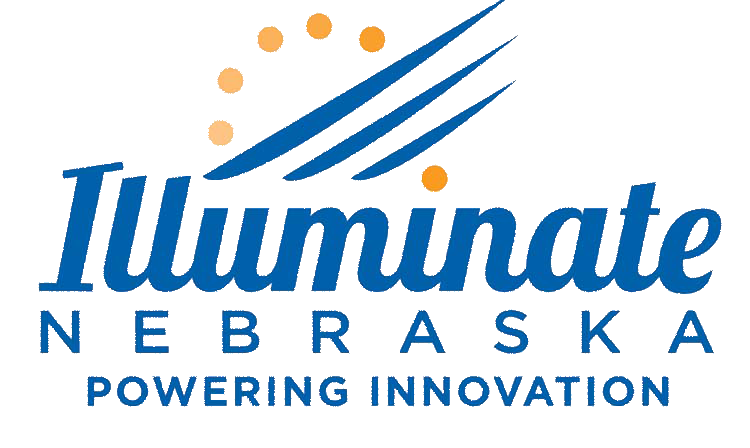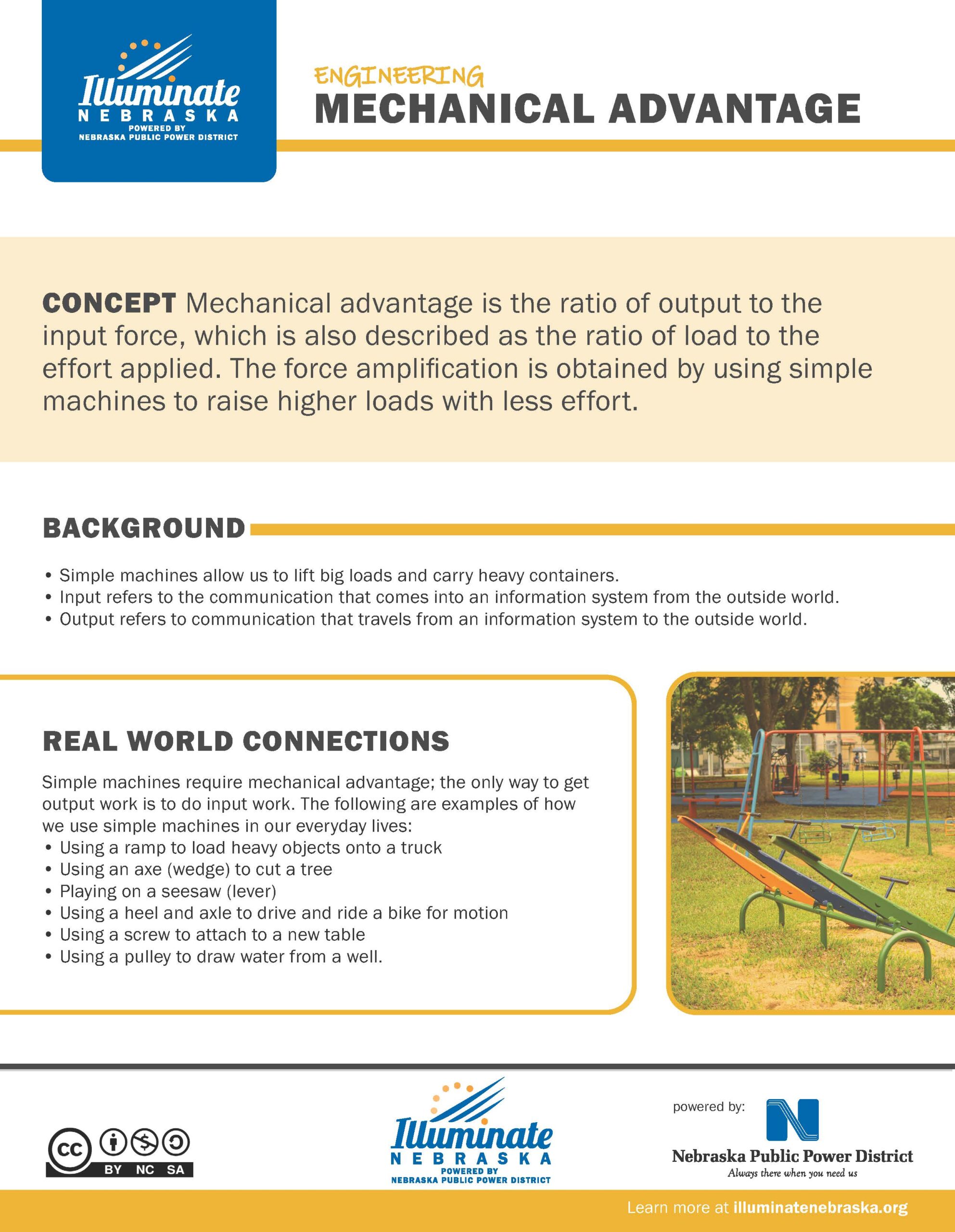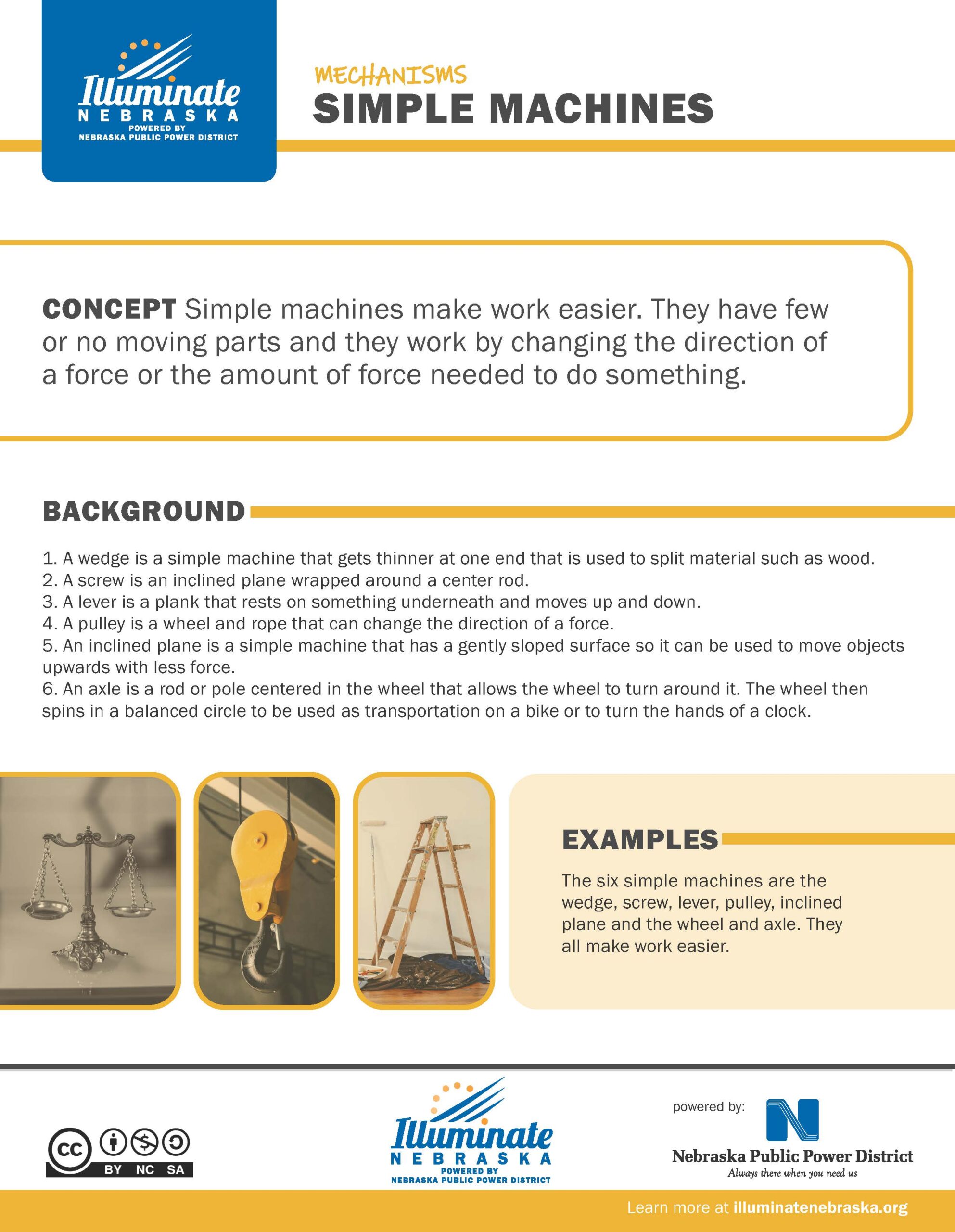Mechanisms
Engineering
Basic Components of Most Machines
Most machines have three basic components: an input system, a processing system and an output system. The input system allows the machine to receive data or instructions, which can be in various forms, such as physical input, electrical signals or software input. The processing system interprets and manipulates the input using some algorithm or programming logic to produce the desired output, which is then conveyed through the output system in a format the user can understand.
Mechanical Advantage
Mechanical advantage is the ratio of output to the input force, which is also described as the ratio of load to the effort applied. The force amplification is obtained by using simple machines to raise higher loads with less effort.
Simple Machines
Simple machines make work easier. They have few or no moving parts and they work by changing the direction of a force or the amount of force needed to do something.
Build Techniques
Coming Soon!
Sequential Mechanics
Coming Soon!



